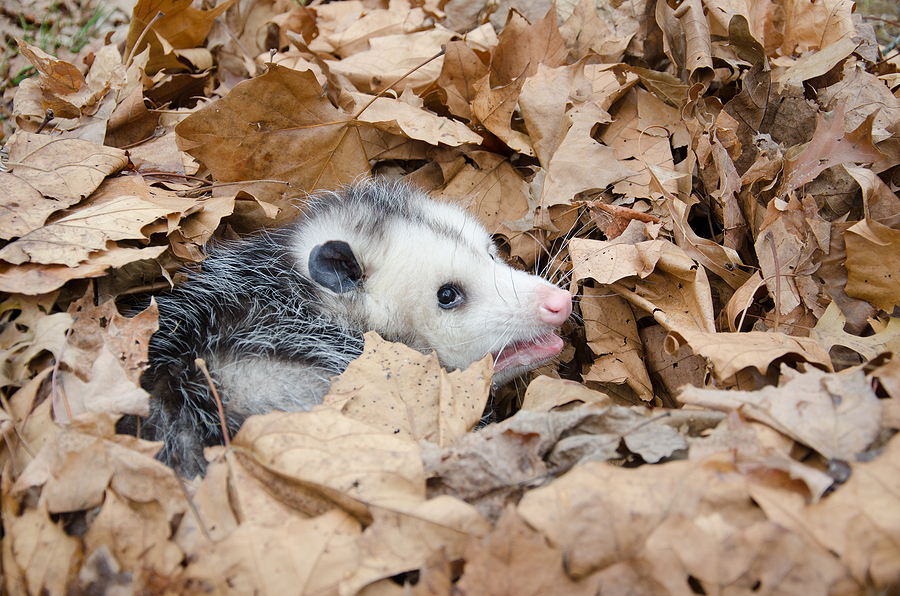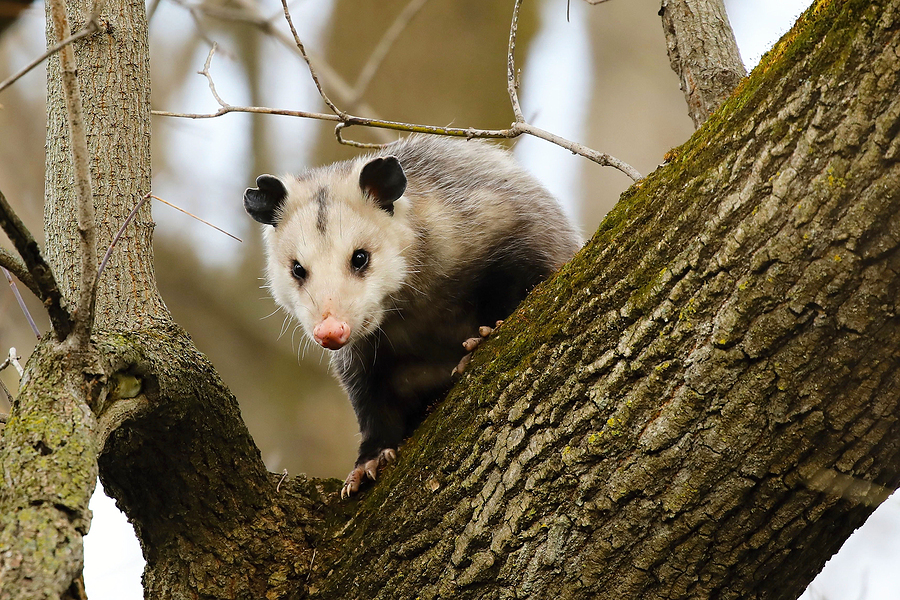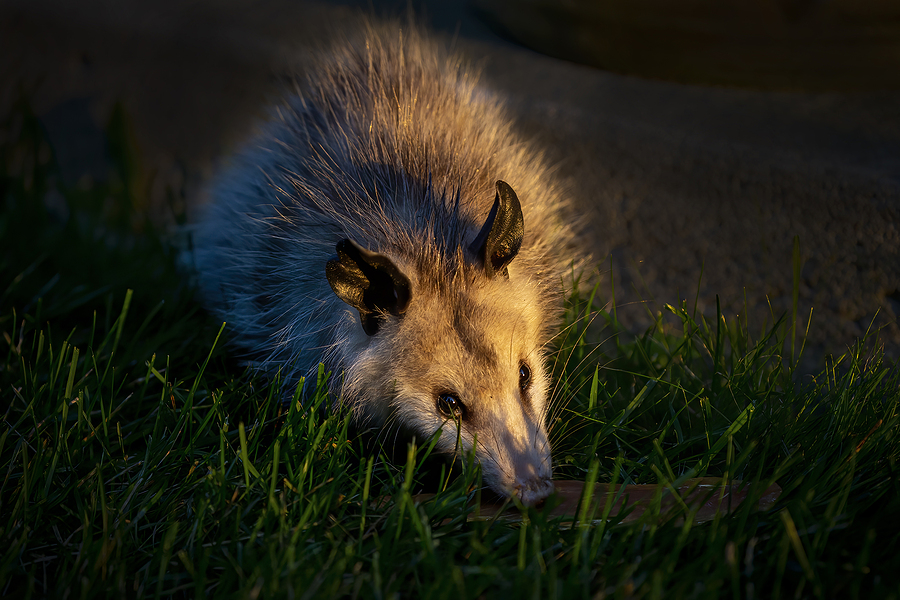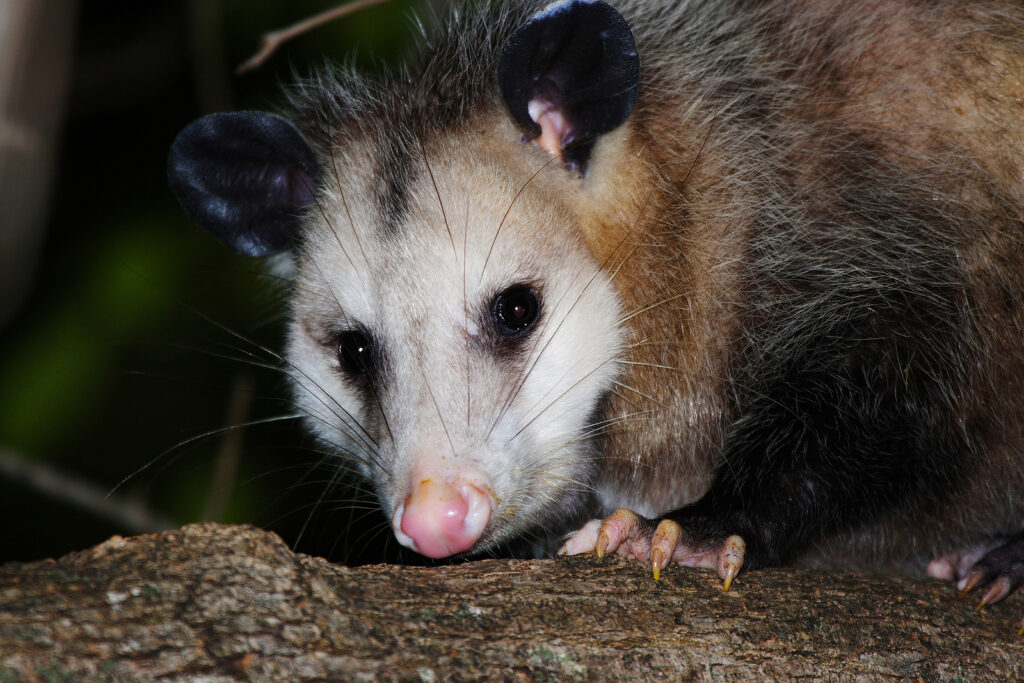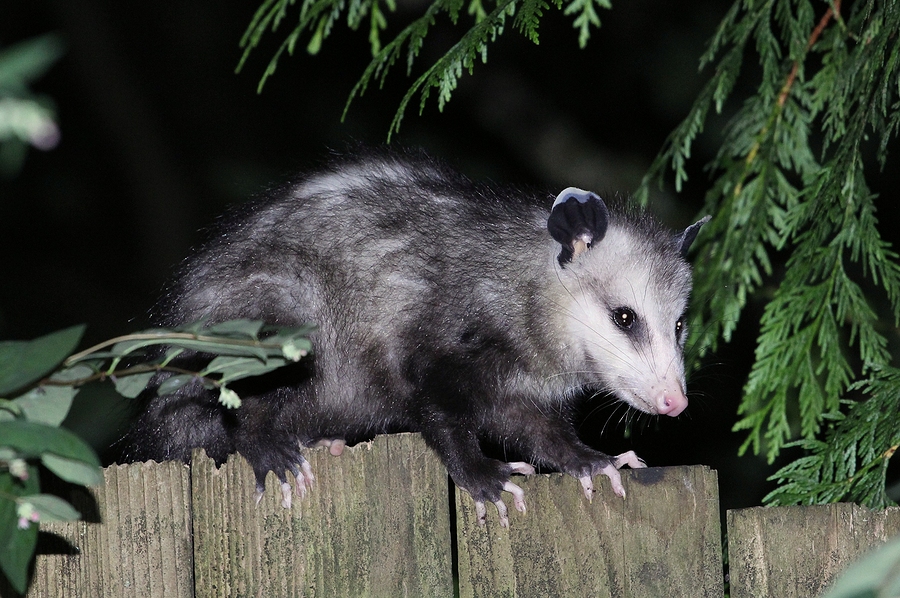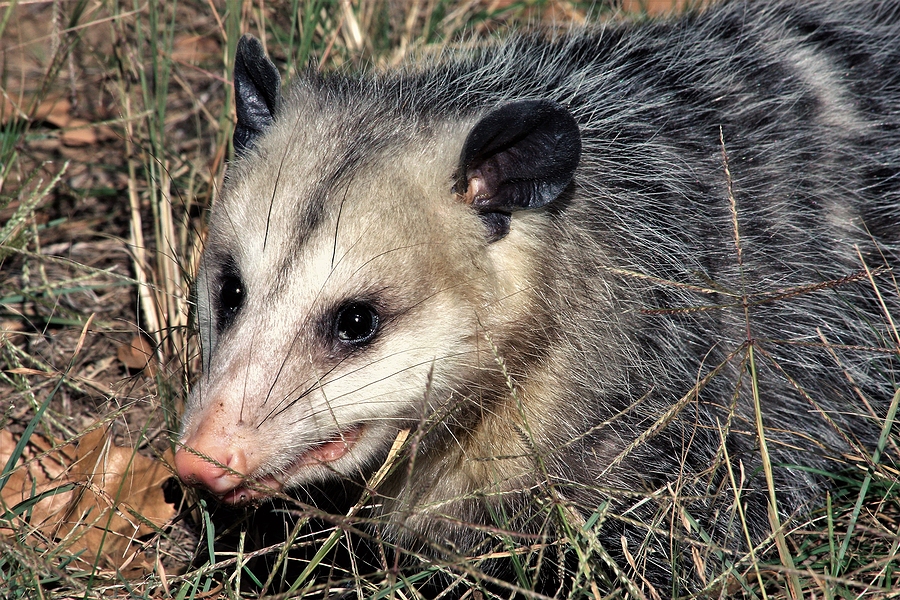Have you noticed strange noises in your attic at night or found overturned trash cans in the morning? You might be dealing with an opossum infestation. With their increasing presence in residential areas, opossums are becoming a nuisance for many homeowners. This blog post will guide you through understanding these nocturnal creatures and offer effective opossum removal and control tips to protect your home.

Understanding Opossum Behavior
Opossums are attracted to homes primarily because they offer abundant food and shelter. These omnivorous creatures have a keen sense of smell and can detect food sources easily. They are particularly drawn to pet food, garbage, and leftover fruits and vegetables in gardens. Understanding why they are attracted to your home is the first step in managing an opossum infestation.
Opossums are nocturnal, meaning they are most active at night. They are excellent climbers and can access your home through roofs, attics, and any small openings. During the day, they seek shelter in dark, quiet places like basements, attics, or even under decks. Recognizing their behavior patterns can help you identify and tackle an infestation effectively.
These creatures are generally non-aggressive and prefer to avoid confrontation. However, when threatened, they may hiss or bare their teeth. By understanding their behavior, you can implement effective measures to keep them at bay.
Signs of Opossum Infestation
Identifying an opossum infestation early can save you from significant property damage and health risks. Recognizing these signs can help you take swift action to control the infestation before it escalates:
- Noises at Night: Scratching, hissing, or thumping sounds in your attic or walls during nighttime can indicate opossum activity.
- Foul Odors: Opossums leave droppings that emit a strong, unpleasant odor. If you notice a foul smell around your home, it could be due to an opossum infestation.
- Damaged Trash Bins: Opossums often raid garbage cans for food. If you find your bins overturned and garbage strewn around, an opossum might be responsible.
The Dangers of Opossums
Opossums pose several risks to homeowners, including health hazards and property damage. Understanding these dangers can emphasize the importance of timely opossum removal. Opossums can carry various diseases such as leptospirosis, tuberculosis, and toxoplasmosis, which can be transmitted to humans and pets. Their droppings and urine can contaminate surfaces and pose serious health risks. Additionally, opossums may host parasites like fleas and ticks, further increasing the risk of disease transmission.
Apart from health risks, opossums can cause significant property damage. They can chew through insulation, wiring, and wood, leading to costly repairs. Their nesting habits can also damage gardens and landscaping. Being aware of these dangers highlights the need for effective opossum control measures.
Effective Opossum Removal Methods
Dealing with an opossum infestation requires a combination of DIY methods and professional services. Here are some effective removal techniques:
Live Traps: Setting up live traps is a humane way to capture and relocate opossums. Bait the trap with fruits or pet food and place it in areas where you’ve noticed opossum activity. Once captured, release the opossum far from your home to prevent it from returning.
Repellents: Opossum repellents are available in various forms, including sprays and granules. These products contain ingredients that opossums find unpleasant, deterring them from entering your property. Apply repellents around entry points and areas of activity for best results.
Professional Services: If DIY methods prove ineffective, consider hiring professional opossum control services. Experts have the knowledge and tools to remove opossums safely and provide long-term solutions to prevent future infestations. Combining these methods can help you effectively manage opossum infestations and keep your home safe.
Opossum Prevention Tips
Preventing opossum activity and tampering is crucial to maintaining a safe and pest-free home. Implementing these preventive measures can help you create an environment that is less inviting to opossums and reduce the likelihood of an infestation:
- Secure Trash Bins: Ensure your garbage cans have tight-fitting lids to prevent opossums from accessing food. Store bins in a secure location, such as a garage or shed, to further reduce the risk of raids.
- Seal Entry Points: Inspect your home for any gaps or openings that opossums can use to enter. Seal these entry points with materials like steel wool or caulking. Pay special attention to areas around vents, chimneys, and roof eaves.
- Remove Attractive Food Sources: Avoid leaving pet food or bird feeders outside overnight. Keep your garden free of fallen fruits and vegetables, and compost bins should be well-sealed to prevent attracting opossums.
Conclusion
Ensuring a safe and pest-free home requires understanding the behavior of nuisance opossums, recognizing the signs of infestations, and implementing effective removal and prevention methods. By taking proactive measures, you can protect your property and health from the dangers posed by these nocturnal creatures.
If you’re dealing with an opossum infestation or want to learn more about keeping your home safe, don’t hesitate to reach out to our professional pest control services. Contact Modern Wildlife Control at 317-847-6409 for licensed and insured opossum removal services in Indianapolis, Indiana. We serve residential and commercial clients.
Related Posts:
A Homeowner’s Guide to Controlling Opossums Effectively
Are Opossums a Critter Control Problem in the Fall and Winter?
Why Opossums are a Threat to Your Property

